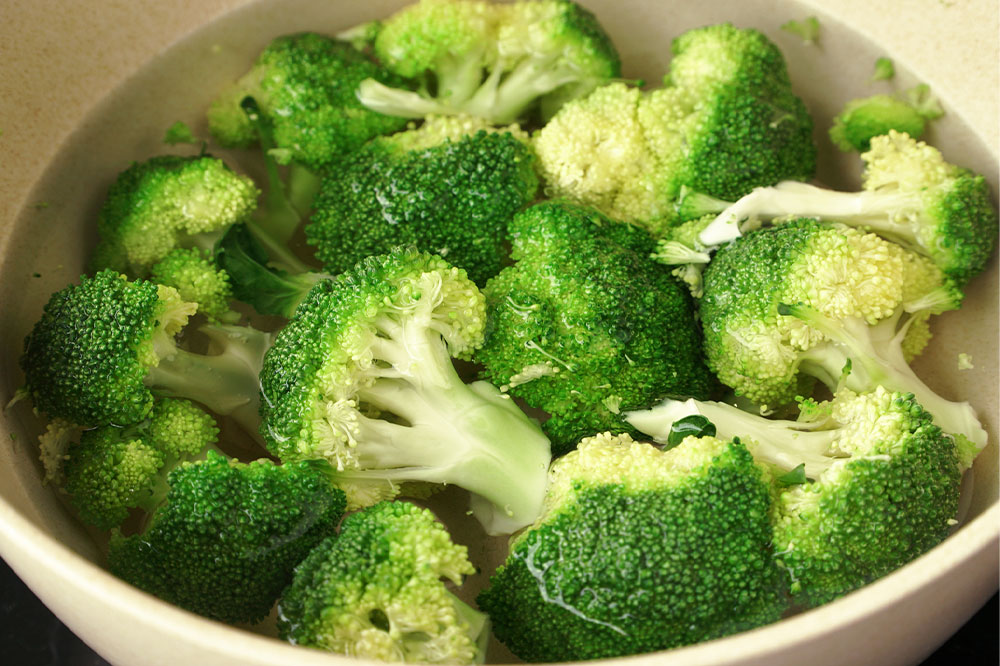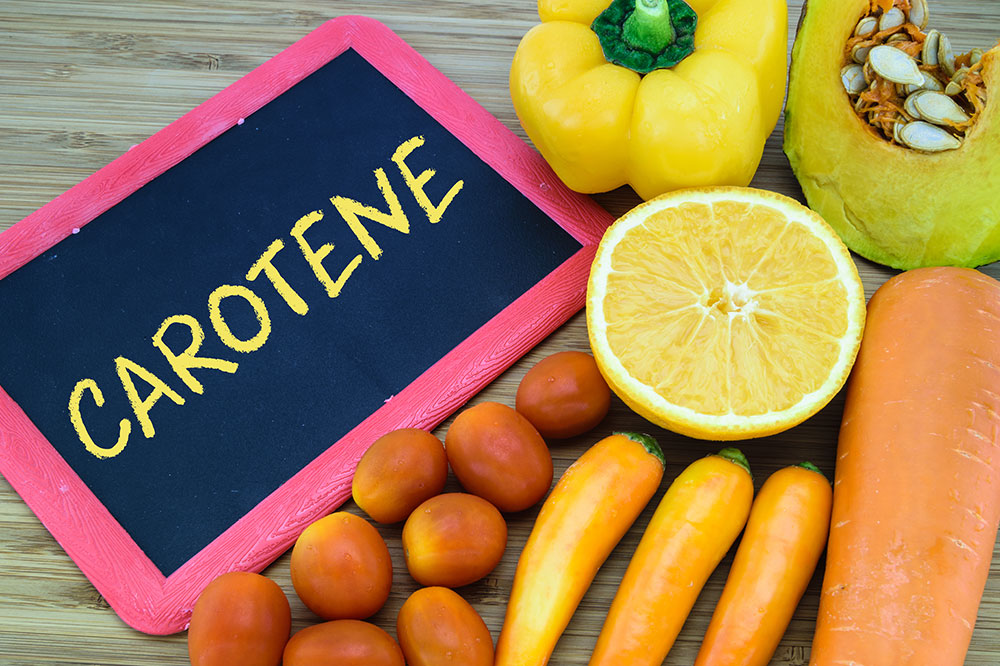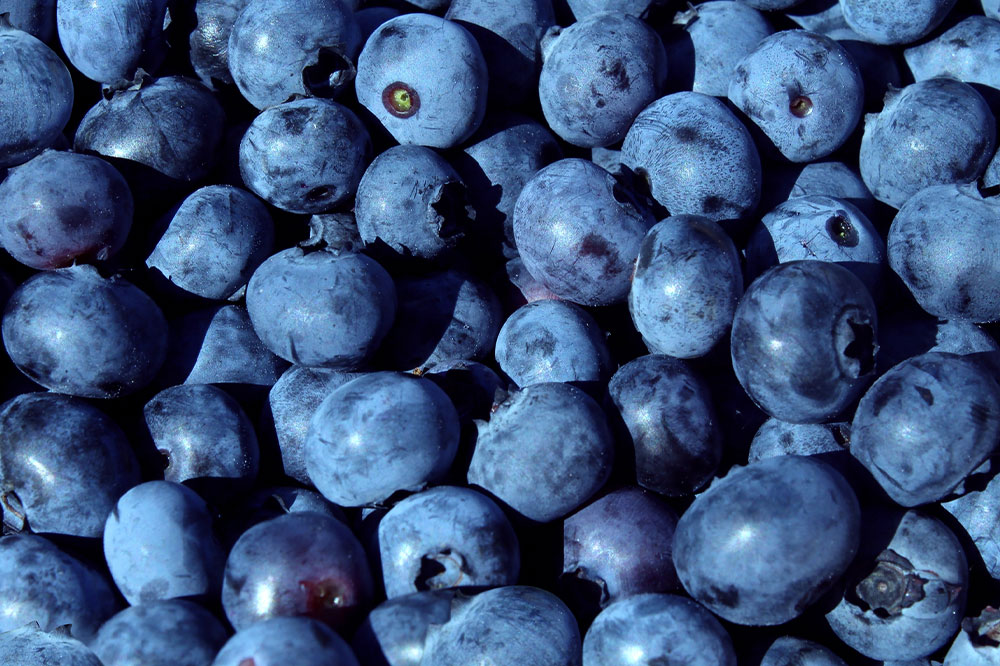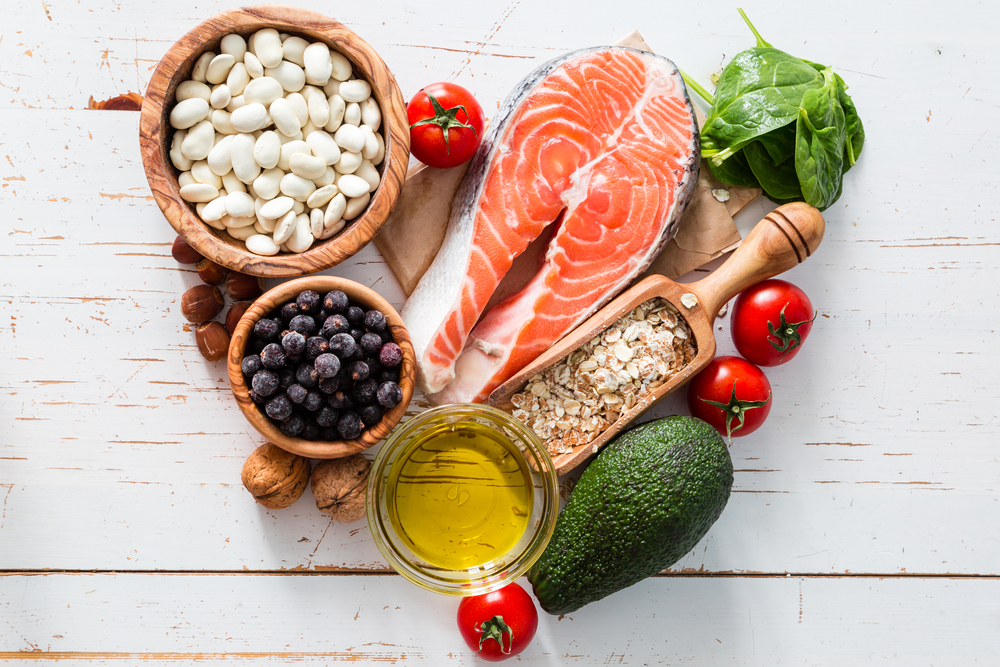Comprehensive Guide to Natural Elements That May Help Prevent Skin Cancer
Discover the top natural elements that can help prevent skin cancer. This detailed guide highlights key foods rich in flavonoids, terpenoids, carotenoids, sulforaphane, and essential vitamins, explaining their protective effects and dietary sources. Learn how incorporating these natural compounds into your daily diet can bolster your skin’s defenses against cancer-causing factors. A healthy, balanced diet combined with sun safety practices offers a powerful way to reduce your skin cancer risk naturally. Read on to explore effective dietary strategies for skin health and cancer prevention.

Comprehensive Guide to Natural Elements That May Help Prevent Skin Cancer
In recent decades, the importance of natural ingredients in promoting overall health and preventing chronic diseases has gained increasing recognition. From traditional herbal remedies to modern scientific research, the role of natural foods and compounds in disease prevention is an area of active exploration. Among various health concerns, skin cancer—particularly melanoma—poses a significant threat due to its aggressive nature and high mortality rate. This comprehensive guide explores five natural elements that may help prevent skin cancer, guiding readers towards dietary choices that could offer protection against this potentially deadly disease.
Historically, natural substances derived from plants, microbes, and marine life have been used for medicinal purposes. Modern research continues to validate many of these traditional uses, especially in the context of cancer prevention. Current scientific evidence increasingly supports the hypothesis that certain compounds found naturally in foods can inhibit the development and progression of skin cancer, including melanoma and non-melanoma types. Understanding these natural agents and how to incorporate them into your diet may serve as an effective strategy for reducing risk factors associated with skin cancer.
Recent scientific studies highlight the potential roles of various phytochemicals—natural plant compounds—in cancer prevention. These phytochemicals, such as flavonoids, terpenoids, carotenoids, sulforaphane, and essential vitamins, have demonstrated promising results in vitro (in the lab) and in vivo (in living organisms) in inhibiting the growth of malignant skin cells. While dietary intake alone cannot replace conventional treatments, incorporating foods rich in these compounds can be a valuable adjunct to other preventive measures, including sun protection and regular skin screenings.
Below, we delve into each of these natural agents, their primary food sources, and how they may contribute to the prevention of skin cancer. Emphasizing the importance of eating these foods in their natural, minimally processed forms can maximize their protective benefits. This extensive guide aims to inform health-conscious individuals seeking natural ways to reduce their skin cancer risk.
Key Natural Substances Supporting Skin Cancer Prevention
Understanding which natural elements hold promise in skin cancer prevention requires a look at their biological effects. Several natural compounds have been extensively studied for their anti-cancer properties. These include flavonoids, terpenoids, carotenoids, sulforaphane, and various essential vitamins. Consuming these compounds in whole foods provides the best protective effects and contributes to overall health. Below, each of these elements is explored in detail, along with their most nutritious food sources.
Flavonoids: Nature’s Protective Agents
Flavonoids are a class of plant secondary metabolites widely recognized for their potent antioxidant, anti-inflammatory, and anticancer properties. They are found in a diverse array of fruits, vegetables, teas, and chocolates. Scientific evidence indicates that flavonoids can interfere with multiple pathways involved in the initiation and progression of cancer, including scavenging free radicals, modulating enzyme activity, and influencing cell signaling pathways that control growth and apoptosis.
Foods particularly high in flavonoids include:
Berries (strawberries, blueberries, blackberries)
Cabbage and leafy greens
Onions and shallots
Kale and spinach
Tea (green and black varieties)
Dark chocolate
Parsley and other herbs
Legumes such as soybeans
Terpenoids: Aromatic Defenders
Terpenoids, also known as isoprenoids, are a large and diverse class of organic compounds present in many aromatic herbs, spices, fruits, and vegetables. They are responsible for the distinctive aromas and flavors of various plants but also exert biological activities including anticancer effects. Terpenoids are believed to inhibit cancer cell proliferation, induce apoptosis, and impede angiogenesis—the process of new blood vessel formation that enables tumor growth.
Notable sources of terpenoids include:
Mangoes
Apples
Citrus fruits like oranges and lemons
Herbs such as basil, rosemary, oregano, and thyme
Spices including cinnamon, cloves, and black pepper
Carotenoids: Colorful Protectors
Carotenoids are naturally occurring pigments responsible for the vivid orange, yellow, and red hues in many fruits and vegetables. They are known for their antioxidant properties, which help neutralize free radicals that can damage skin cells and DNA, potentially leading to cancer development. Additionally, carotenoids like beta-carotene may modulate immune responses and promote skin health.
Foods rich in carotenoids include:
Sweet potatoes
Carrots
Squash and pumpkin
Tomatoes
Cantaloupe and apricots
Red and orange bell peppers
Sulforaphane: The Cruciferous Compound
Sulforaphane is a potent phytochemical predominantly found in cruciferous vegetables. It has garnered attention for its ability to activate phase II detoxification enzymes, enhance antioxidant defenses, and induce apoptosis in abnormal cells. These mechanisms contribute to its overall anticancer activity, including in skin tissue. Regular intake of sulforaphane-rich foods may bolster the skin’s resilience against carcinogenic insults from UV radiation and environmental toxins.
Key sources include:
Broccoli
Cauliflower
Kale
Cabbage
Brussels sprouts
Bok choy
Watercress
Vitamins: Essential Nutrients for Skin Health
Vitamins play crucial roles in skin health and may offer protective effects against cancer. Vitamin C, an antioxidant found abundantly in citrus fruits, supports collagen synthesis and immune function. Vitamin E, present in nuts and seeds, helps protect skin cells from oxidative damage. Vitamin A, especially in the form of beta-carotene found in orange-colored vegetables, contributes to skin repair and cellular integrity. Ensuring adequate intake of these vitamins can enhance the skin’s natural defenses.
Sources rich in essential vitamins include:
Oranges, grapefruits, and kiwifruit (Vitamin C)
Nuts, seeds, and vegetable oils (Vitamin E)
Sweet potatoes, carrots, and red peppers (Vitamin A/Beta-carotene)
In summary, embracing a diet rich in these natural compounds can be a proactive step towards reducing the risk of skin cancer. Combining a balanced diet with other protective strategies like sun avoidance, proper skin care, and regular dermatologist check-ups forms a comprehensive approach to skin health and cancer prevention. Remember, natural foods provide not only a source of vital nutrients but also a cumulative effect that can bolster your body’s defenses over time.





